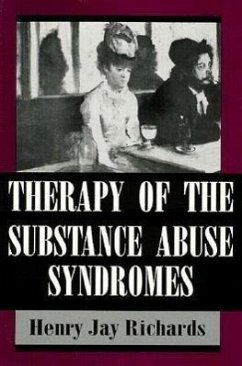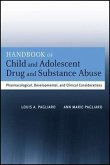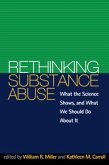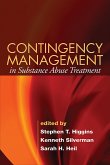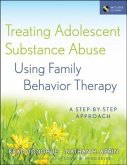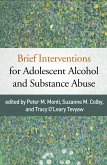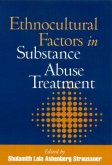This book provides the reader with a systematic and comprehensive approach to substance abuse treatment. It explores new integrations of familiar approaches, introduces innovative theoretical constructs, and describes new practical applications. The models and methods presented have been developed specifically to address treatment planning for patients who have been recurrent treatment failures in both psychotherapy and addiction treatment programs. These approaches are also applicable to less refractory cases of substance abuse, and to nonsubstance addictions, such as compulsive sexual behavior. Dr. Richards describes the process of addiction as a movement through a cycle of three primitive states of self-experience. These are: (1) a position typified by egotism, assertiveness, and super-confidence (the Inflated/Grandiose position); (2) a position typified by depression and helplessness (the Depleted/Depressed position); and (3) a position typified by isolation, fantasy, and self-absorption (the Detached/Schizoid position). Movement through this cycle is driven by failures in self-regulation, and by the time-limited, self-undermining, and only partially effective substitute solution to these failures that drugs provide. In addition, the substance abusing patient's reliance on paranoid processes (splitting, projection, and introjection) are shown to be the cornerstone to continued drug dependence as a substitute for poor self-regulation. In addition to advancing theory, this volume describes in detail a comprehensive system for assessment and treatment planning based on the dual diagnosis paradigm. The system consists of three interrelated concept sets and an understanding of theirrelationships: drug categories, symptom complexes, and biopsychosocial functions of addiction. Following this formulation a description of recovery processes for addiction/mental illness and corresponding treatment needs provides the basis for intervention. Using abundant clinical examples, Dr. Richards presents and applies the fundamental principles of substance abuse treatment.
Hinweis: Dieser Artikel kann nur an eine deutsche Lieferadresse ausgeliefert werden.
Hinweis: Dieser Artikel kann nur an eine deutsche Lieferadresse ausgeliefert werden.

